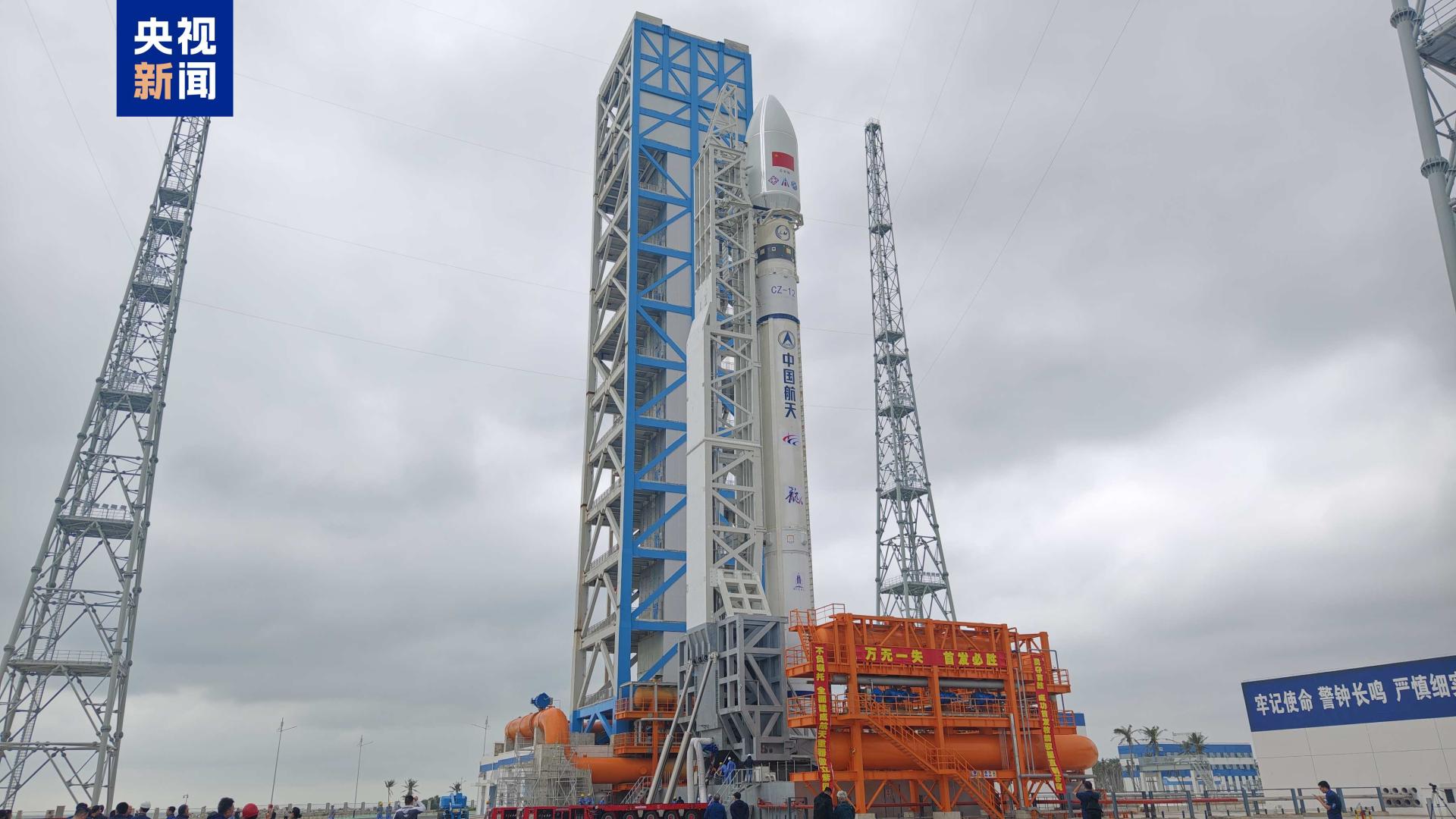AI Data Pollution: A Growing Concern

The reliability of artificial intelligence (AI) systems is increasingly under scrutiny as discussions around data integrity gain momentum. A recent report by CCTV highlighted a pressing issue known as AI data pollution—a phenomenon where misleading or erroneous data can severely skew AI decision-making processes. In a world where AI is being integrated into critical sectors like healthcare, finance, and public safety, understanding the nuances of data integrity has never been more imperative.
At its core, AI is heavily dependent on three pillars: algorithms, computing power, and data. When we consider data to be the foundational ingredient in the AI cooking pot, any spoilage within that dataset can lead to disastrous outcomes. The report cited alarming examples, including AI-generated misinformation and erroneous connections made between unrelated events. For instance, AI responses to innocuous queries have sparked outrage when they show biases or inaccuracies, thus raising serious concerns about the training datasets that AI models rely on. Critics argue that even a minuscule percentage of tainted data can lead to significantly skewed outputs, perpetuating misinformation at a massive scale.
The implications of AI data pollution extend beyond malfunctions; they unveil a critical vulnerability in AI systems that could influence decision-making in sectors like finance and public safety. Imagine a financial modeling AI making investment decisions based on polluted data—it could lead to significant financial loss. Similarly, distorted public discourse resulting from AI propagating false narratives could destabilize social trust. To combat these issues, experts recommend enhancing data governance by instituting rigorous source verification, implementing automated checks, and regularly cleaning datasets to mitigate the risks of contamination.
The commentary on AI data pollution is emblematic of broader themes in technology today. As AI continues to be woven into the fabric of our daily lives, the importance of data integrity cannot be overstated. We must ponder: in the race toward technological advancement, are we prioritizing accuracy and ethical data sourcing as we challenge AI's transformative potential?
Read These Next

China set for Long March-12 Y1 rocket launch
China's Long March-12 Y1 rocket launches from Hainan, marking its first single-core liquid launch vehicle and boosting commercial space efforts.

Climate Scientists Warn of Significant Changes in Atlantic Currents
40+ climate scientists warn the Nordic Council that disrupting the Atlantic current could drastically affect weather in Nordic countries.

China's Role in Enhancing Global Immunity Efforts
China's immunization programs, showcased on World Strengthened Immunity Day, reduce vaccine-preventable diseases globally.
